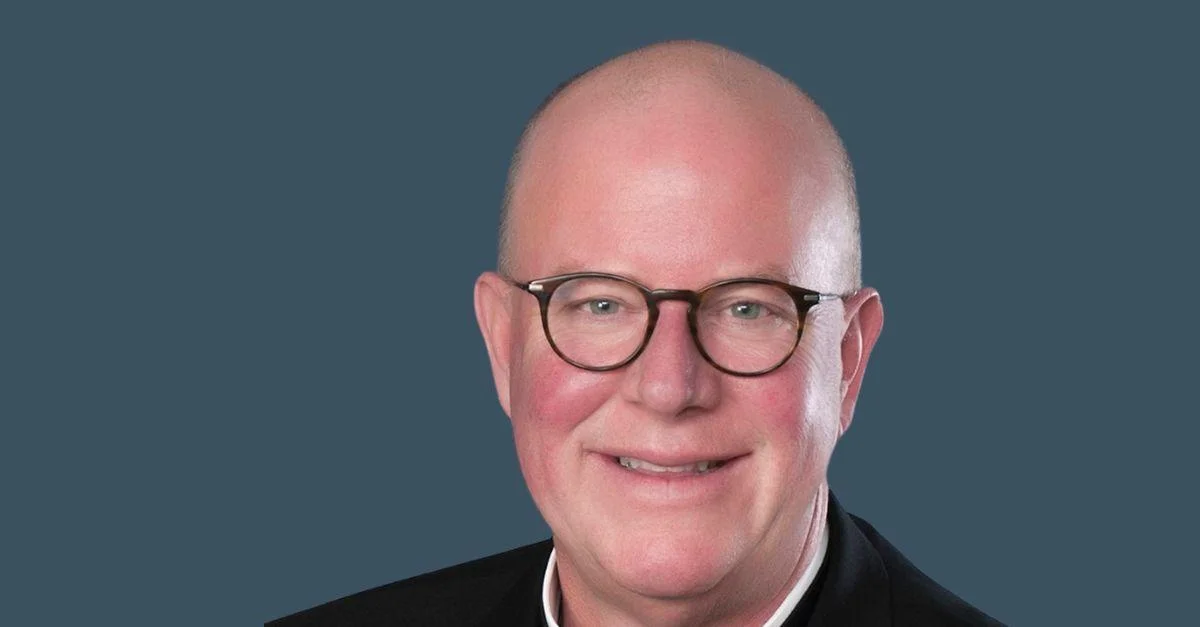
Bishop William D. Byrne | Official Website
During the Liturgy of the Eucharist, parishioners often hear the priest say, “Pray brethren (brothers and sisters) that my sacrifice and yours may be acceptable to God, the almighty Father.” This phrase has prompted questions from some churchgoers about its meaning and what role those in attendance play during Mass.
Father Alfred Tumwesigye, pastor of St. Elizabeth in Granite City, addressed this topic by explaining the significance of participation in the Mass. He described how at the beginning of the Liturgy of the Eucharist, gifts such as bread, wine, money, or other offerings for church needs or charity are brought to the altar. These actions are guided by instructions found in the General Instruction of the Roman Missal.
Father Tumwesigye reflected on his own experience with this part of Mass: “When I pause and ponder this invitation, Orate, fratres (Pray, brethren … ),I recall that there was a time as a child and adult when I offered nothing or paid no attention to these words or did not understand how God sought my cooperation in His Sacrifice! Probably you, who are reading this, may feel the same. However, in the context of the community’s spiritual life and the communal aspect of prayer as the Body of Christ, we are much more than idle spectators. As brethren (brothers and sisters), we are part of that one Sacrifice offered once and for all at Calvary. We are the chosen people of God (Hebrews 10:10-14). We should be excited to be at Mass and by baptism, we are united to the sacrifice of Christ made present in the Mass, which belongs both to the priest and the people!”
He emphasized that when priests invite parishioners with these words before consecration—“Pray, brethren (brothers and sisters), that my sacrifice and yours may be acceptable to God, the almighty Father”—it is meant as a call for active participation rather than passive observation. According to Father Tumwesigye: “It is a command in an imperative sense, which demands a call to attention...as a sign of readiness and reverence.” He compared this moment to instructions given during Passover as described in Exodus 12:11.
Father Tumwesigye further explained that all baptized individuals participate through their common priesthood by offering their own sacrifices alongside those made by clergy. This includes both outward gestures during worship and inward intentions such as prayerful humility. Citing church teaching he said: “The lives of the faithful, their praise, sufferings, prayer, and work are united with those of Christ and with His total offering and so acquire a new value. Christ’s sacrifice present on the altar makes it possible for all generations of Christians to be united with His offering” (CCC 1368).
He concluded by stressing that “the priest’s call to pray is to acknowledge that he is not alone at prayer,” but rather joined by ministers and congregation alike. He encouraged everyone attending Mass “to actively participate in...the celebration...so that ‘my sacrifice and yours may be acceptable to God.’”
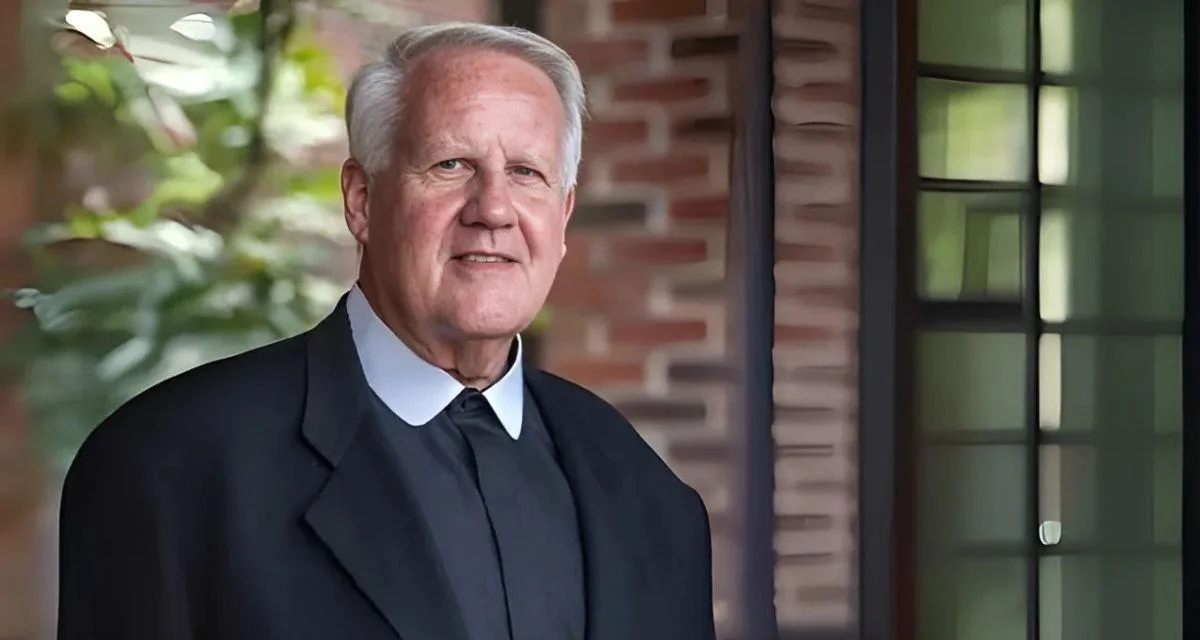
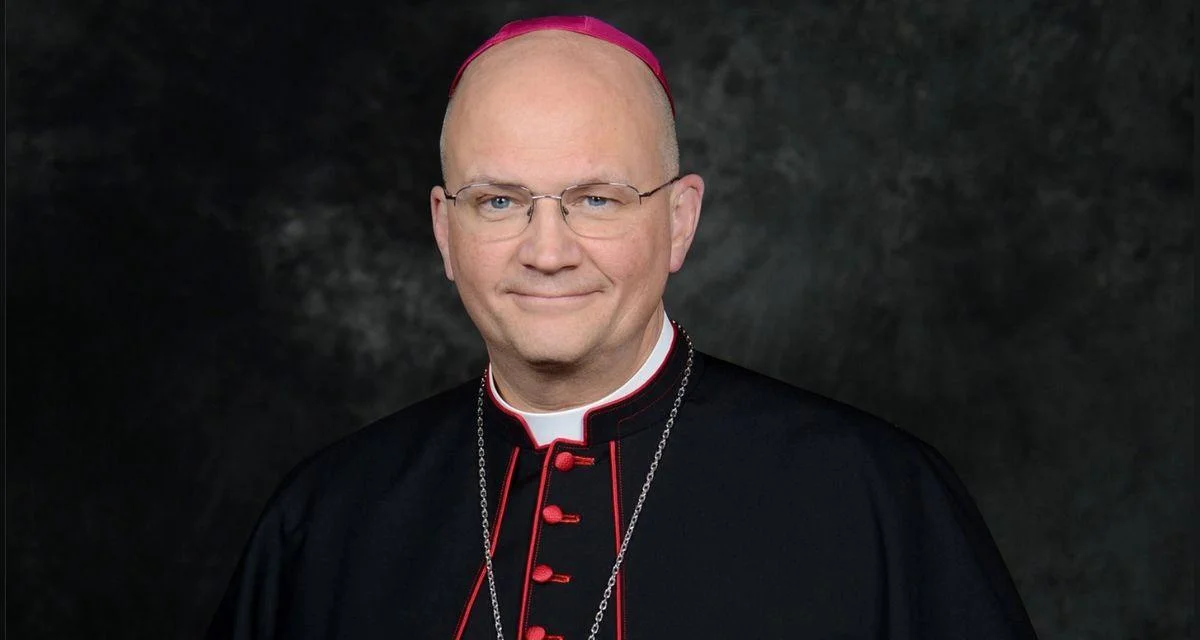
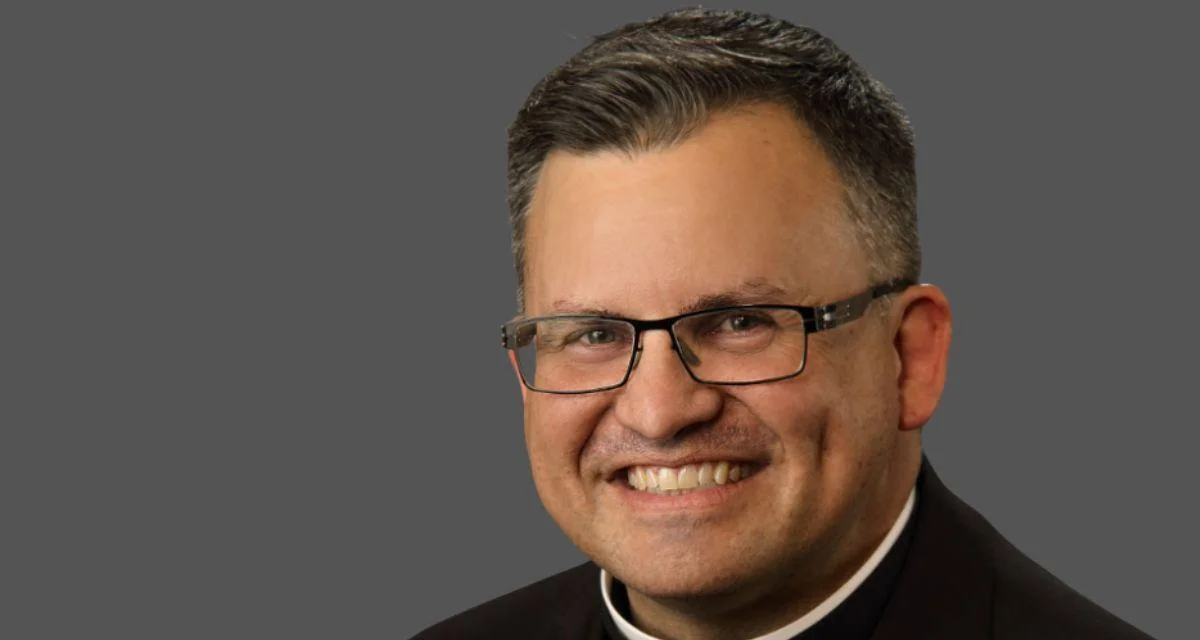
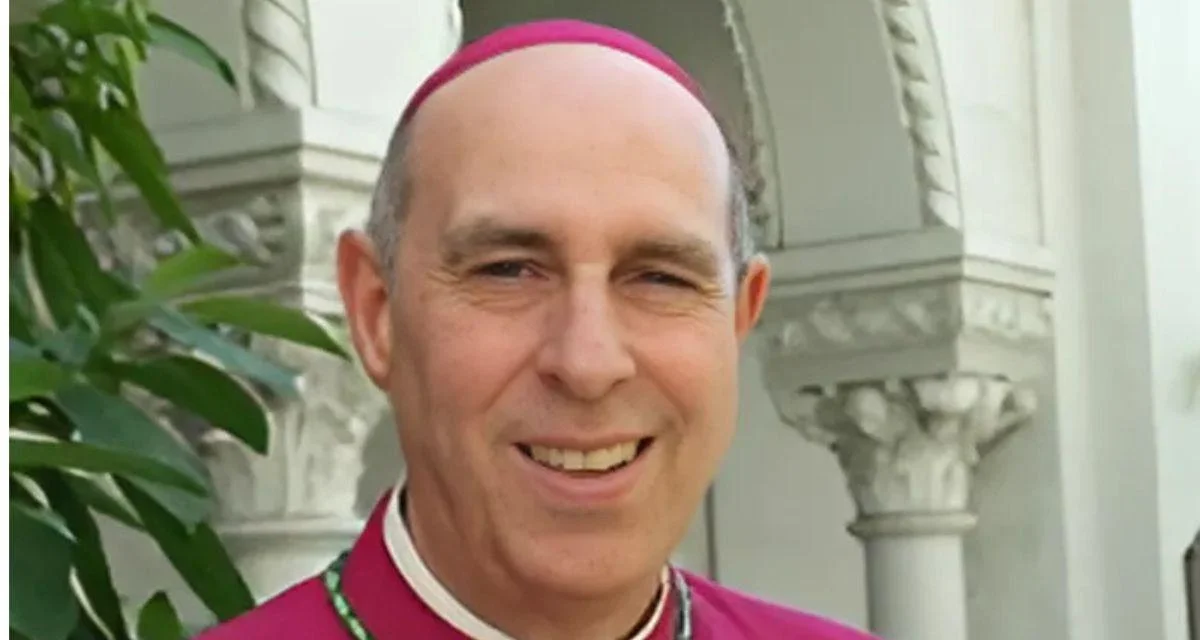
 Alerts Sign-up
Alerts Sign-up